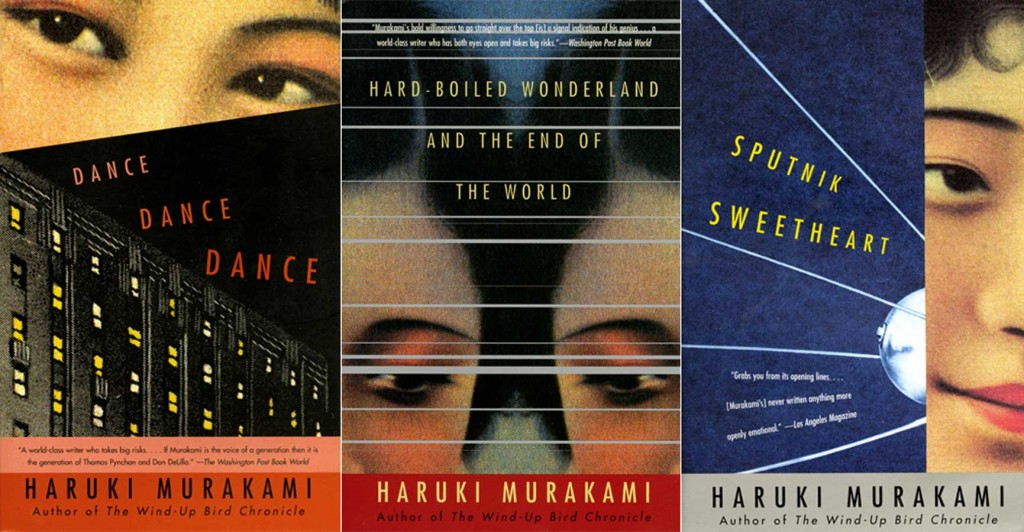I just read Haruki Murakami’s Sputnik Sweetheart. Murakami’s work fascinates me and I’ve read most of his novels. His writing has always gripped me from beginning to end, and what’s impressive about this is that I usually have times in any given book where I lose a little patience as a reader or feel I understand too much of what the writer’s doing; my interest wanes. Not so with Murakami. Part of my fascination, I realize, is that I just can’t get a grip on exactly what he’s doing. I can try to explain in words his technique, but I never feel I’m doing it justice. And even if I do understand—in theory—what he’s doing, the stories take such amazing twists or he elevates his technique beyond what I’m expecting, so the story always feels fresh and original and unpredictable. For example, Murakami’s protagonist might discover the existence of a magical world (whether through magic realism or something more akin to outright fantasy—his technique transcends traditional labels), and I will expect this to evolve into some kind of metaphor. In lesser writers, I will immediately guess what this metaphor represents, and I’ll lose some interest in the story. With Murakami, however, I’ll almost lose sight of the metaphor until it sneaks back up and surprises me in a most pleasant manner… and it won’t end there, because suddenly the metaphor will unfold and I’ll find it wasn’t a simple parallel or symbol, but a whole jumble of emotions and life that he has managed to fold up into a beautiful, intricate pattern, like origami. If you can imagine origami being created not with blank paper, but written words, you’d have a Murakami novel.
He has a really cool website hosted by Random House, although I’ve found that it doesn’t always work on smartphones or mobile devices.
“Maybe, in some distant place, everything is already, quietly, lost. Or at least there exists a silent place where everything can disappear, melting together in a single, overlapping figure. And as we live our lives we discover—drawing toward us the thin threads attached to each—what has been lost. I closed my eyes and tried to bring to mind as many beautiful lost things as I could. Drawing them closer, holding on to them. Knowing all the while that their lives are fleeting.” —Haruki Murakami, Sputnik Sweetheart, translated from the Japanese by Philip Gabriel

